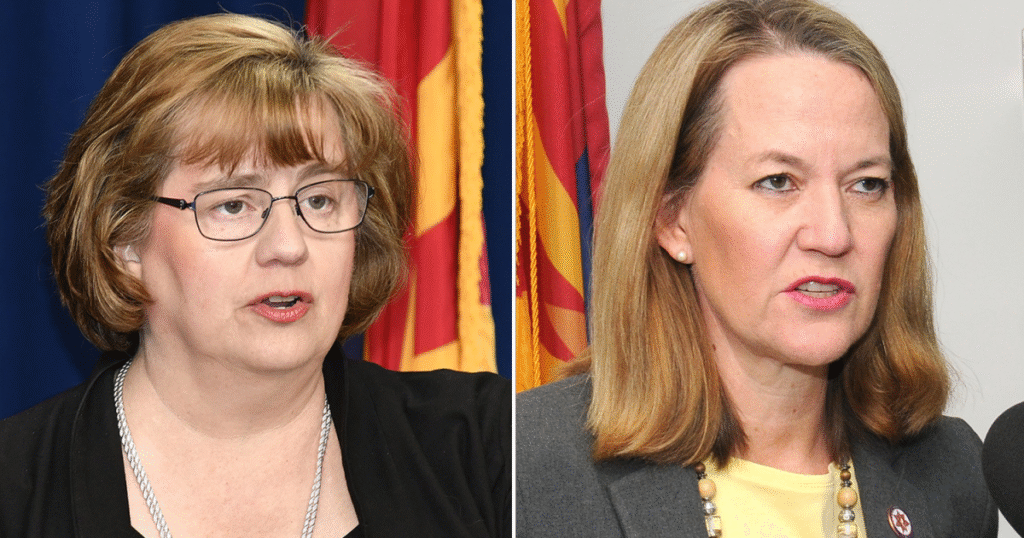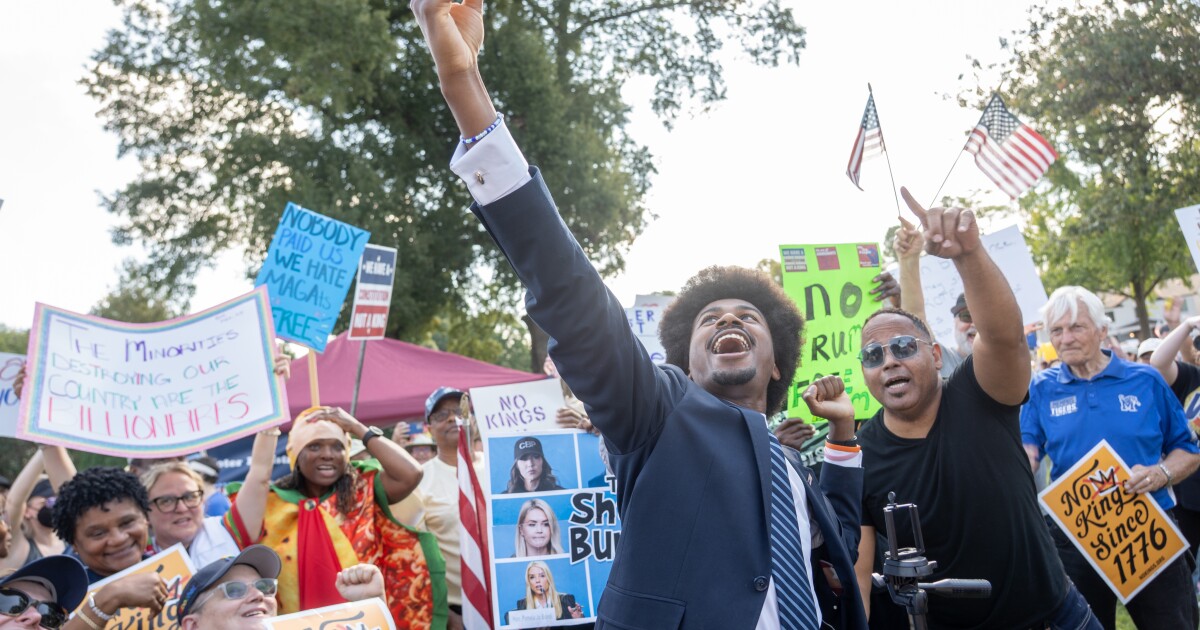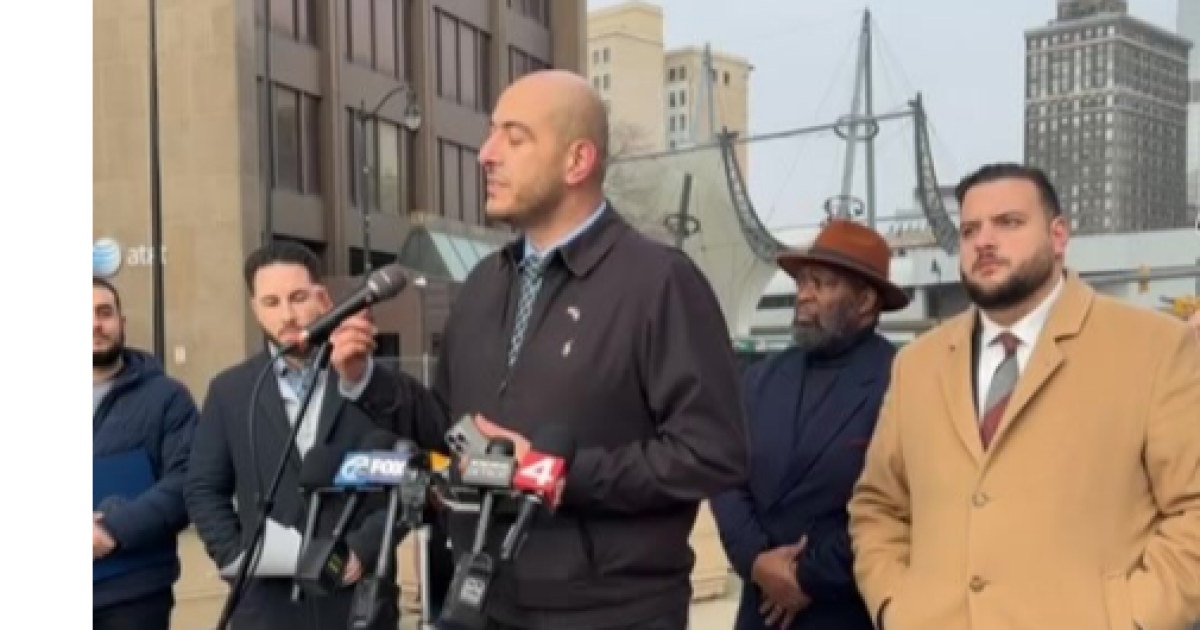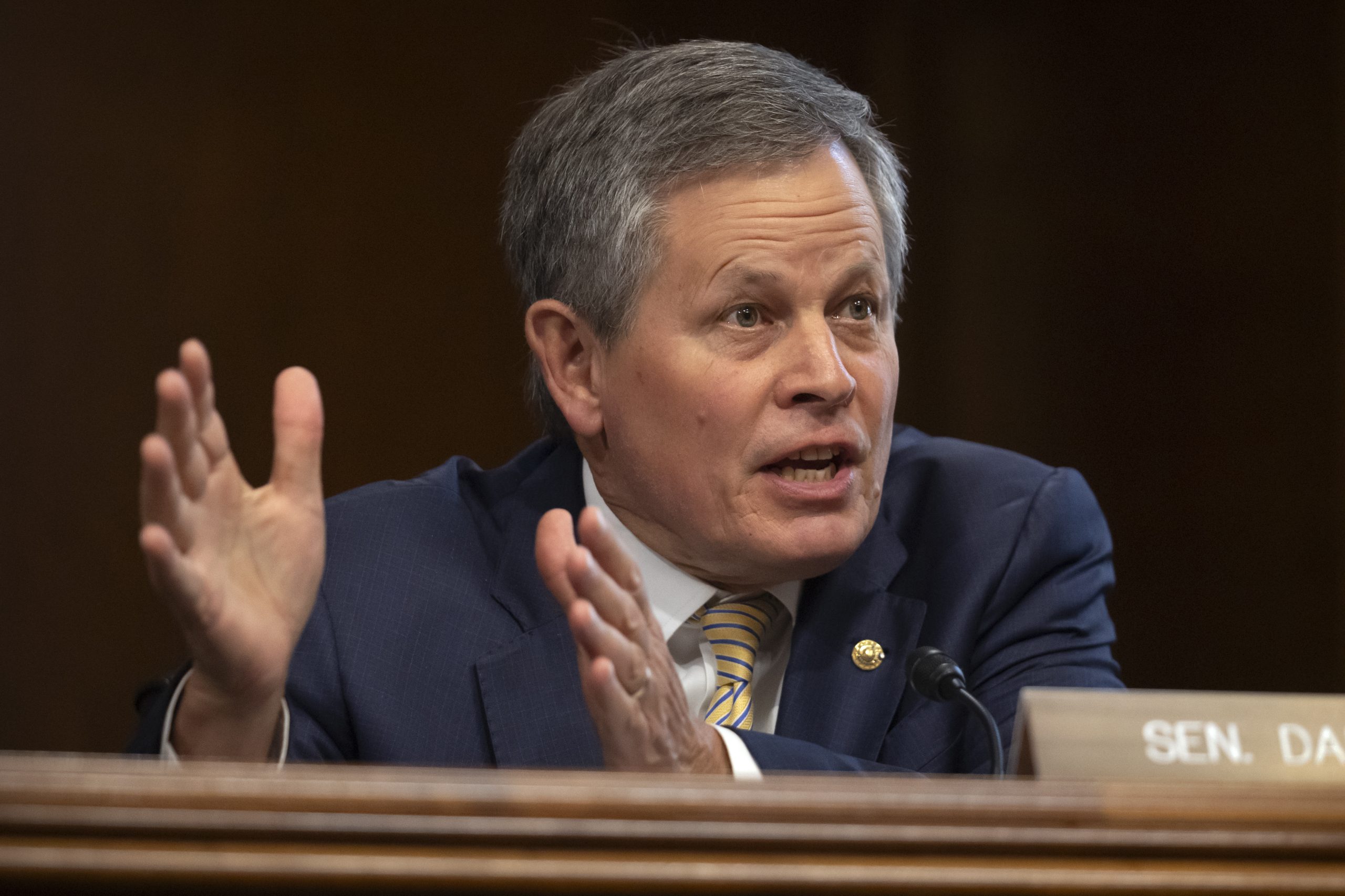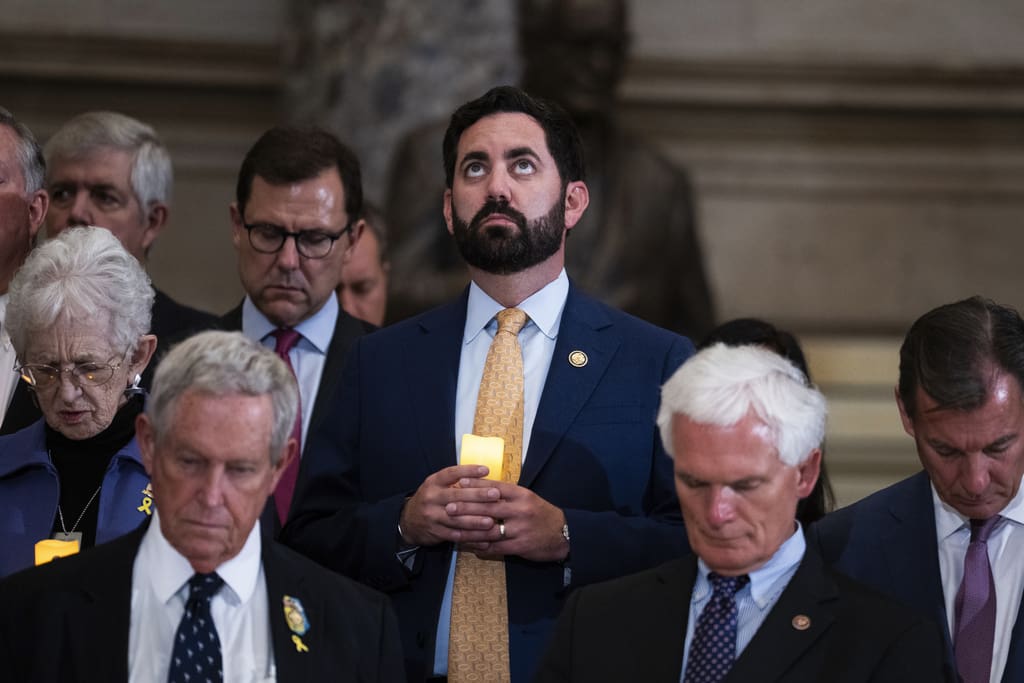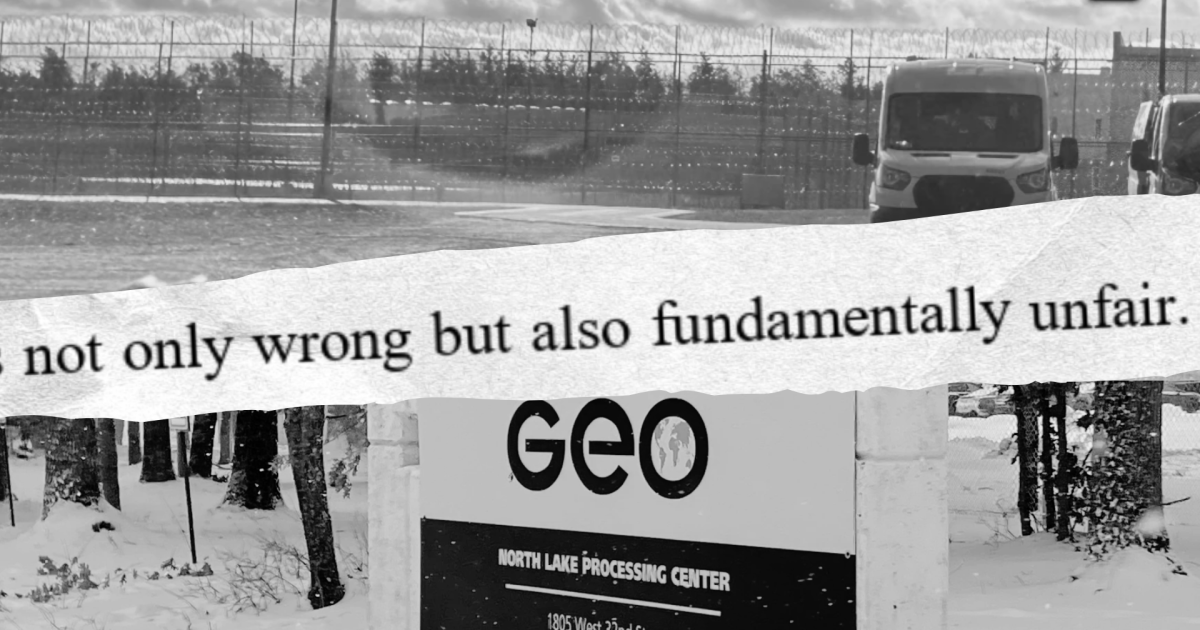In a remarkable legal showdown, both Republican and Democratic officials in Arizona are uniting to challenge a state law that extends anti-SLAPP protections into criminal cases. This law, unique to Arizona, is under scrutiny as it impacts the prosecution of 68 individuals involved in a protest at Arizona State University.
Currently, 38 states have anti-SLAPP (strategic lawsuit against public participation) statutes, intended to protect individuals from lawsuits that aim to suppress their free speech. However, Arizona’s 2022 amendment takes it a step further by applying these protections to criminal cases, a move that is now contested by Maricopa County Attorney Rachel Mitchell and Arizona Attorney General Kris Mayes.
The Maricopa County Attorney’s Office, through Deputy County Attorney Philip Garrow, has filed to dismiss the anti-SLAPP statute, claiming it breaches the Arizona Constitution. The primary argument is that the law disrupts the separation of powers by allowing legislative interference in judicial processes, as well as granting judges excessive power over prosecutorial decisions in criminal matters.
Garrow highlighted vagueness in the law, particularly the requirement for defendants to demonstrate that a legal action was “substantially motivated” by retaliation against constitutional rights. He also contended that it conflicts with the Victims Bill of Rights enacted in 1990.
Mayes’ Perspective
Attorney General Kris Mayes has aligned with Mitchell, focusing on the law’s expansion into criminal proceedings. Her office argues that the statute is overly ambiguous, which has led to inconsistent judicial interpretations, as evidenced in the ongoing fake electors case in Maricopa County.
Assistant Attorney General Nick Klingerman noted that the law’s novel provisions have “created substantial confusion over their application.” Mayes herself is not taking a stance on the ASU protestors’ case but is firmly against the anti-SLAPP law, which she believes was designed to shield individuals involved in the 2020 election controversies.
In the related fake electors case, where individuals allegedly fabricated documents to favor President Trump over Joe Biden, Maricopa County Judge Sam Myers allowed the accused to use an anti-SLAPP defense, though the case is currently paused due to Mayes’ appeal.
Richie Taylor, a spokesperson for Mayes, emphasized her concern over the law, stating that it was passed by “soft-on-crime Republicans” and could drastically impact criminal prosecutions across Arizona.
Interestingly, the anti-SLAPP law has also seen some bipartisan support. Earlier this year, Republican lawmaker Alexander Kolodin’s unsuccessful bid to broaden the law further garnered backing from a legal advocacy group. This group argued that the protections could serve as a defense for protestors unfairly targeted by law enforcement, even before the ASU incident.
—
Read More Arizona News

